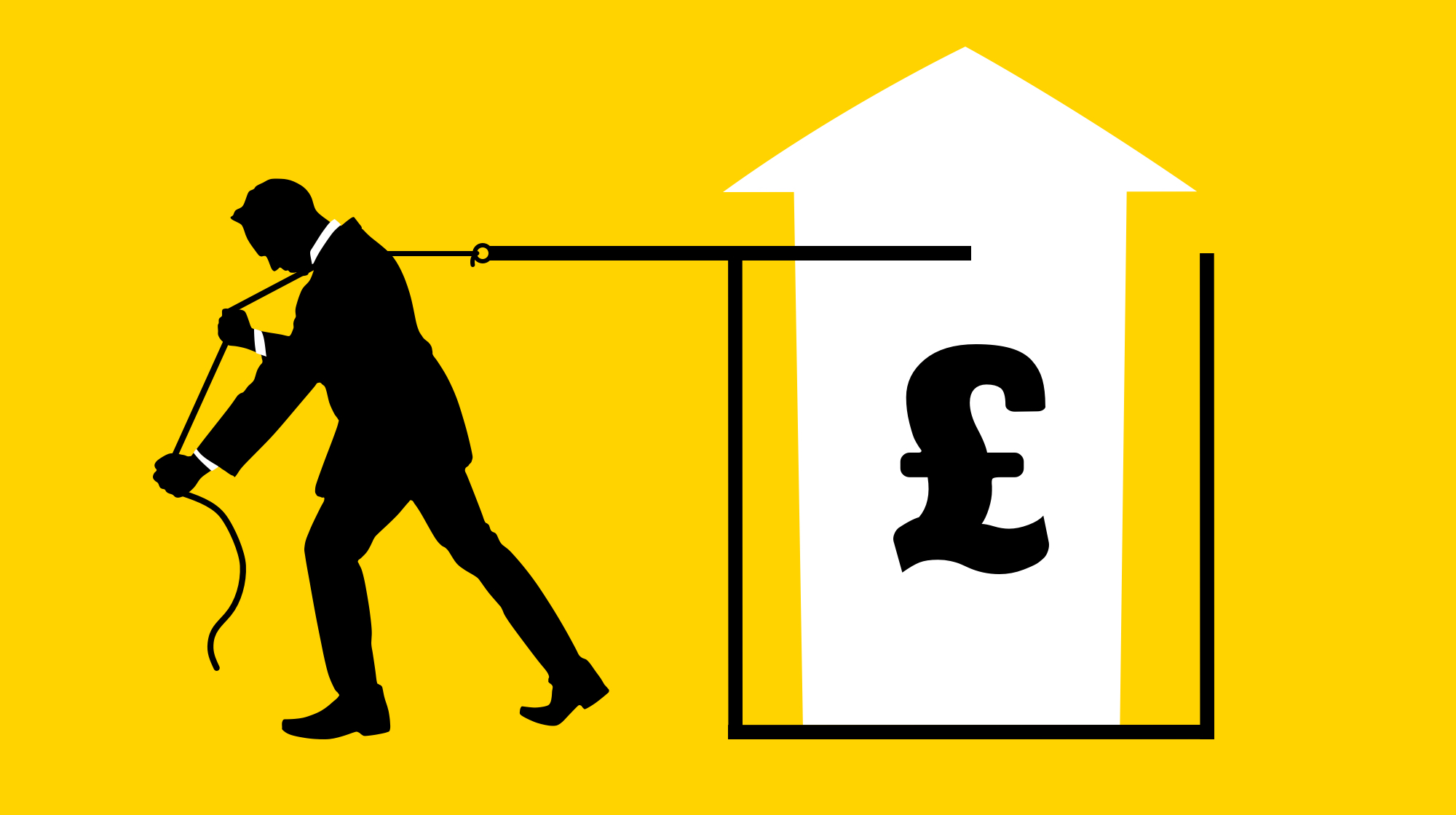“Ofgem has confirmed that from April energy bills will increase by up to 6.4% – the third consecutive quarterly rise.
“Households with a prepayment meter will see their annual energy bills increase by £113, from £1,690 to £1,803, while bills for the average dual fuel household paying by direct debit will go up from £1,738 to £1,849. Households on a standard credit tariff will see the biggest rise in energy costs over the year, increasing by £118 to £1,969.
“While we were expecting the price cap to rise in the second quarter, it is more than we were hoping for. Since July last year, fuel bills have been heading in a worrying direction, and we now know that households will have at least three more months of higher bills to contend with.





